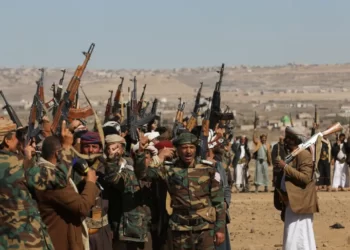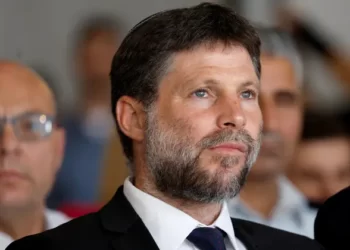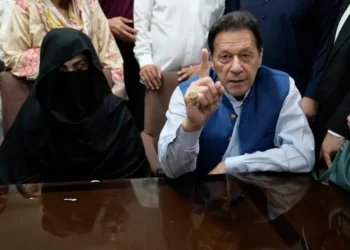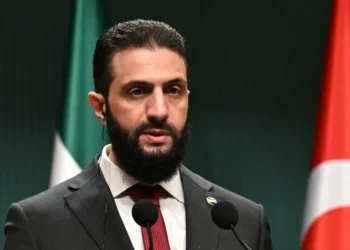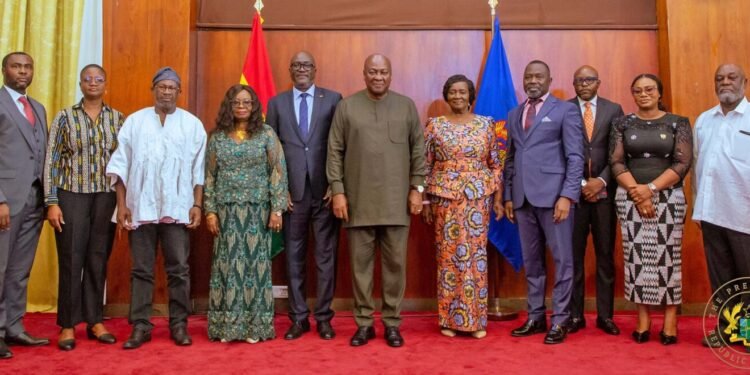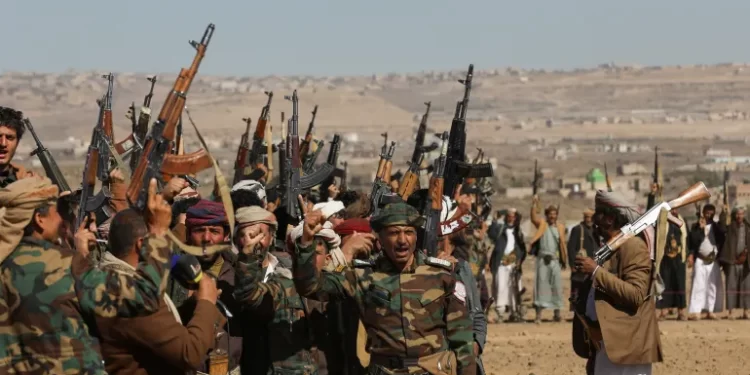Syria’s interim President, Ahmed al-Sharaa has condemned Israel for “wide-scale targeting of civilian and government facilities” after the Israeli military struck Damascus on Wednesday as it sought to intervene in clashes between the Syrian army and Druze fighters in what it says was support for the Druze minority.
In his first televised statement since the attacks, Al-Sharaa accused Israel of sowing divisions and attempting to “ignite tension and chaos” in the country.
He asserted that Israel’s strikes would have pushed “matters to a large-scale escalation, except for the effective intervention of American, Arab, and Turkish mediation, which saved the region from an unknown fate.”
Al-Sharaa stressed that Syria would overcome attempts by Israel to tear the country apart.
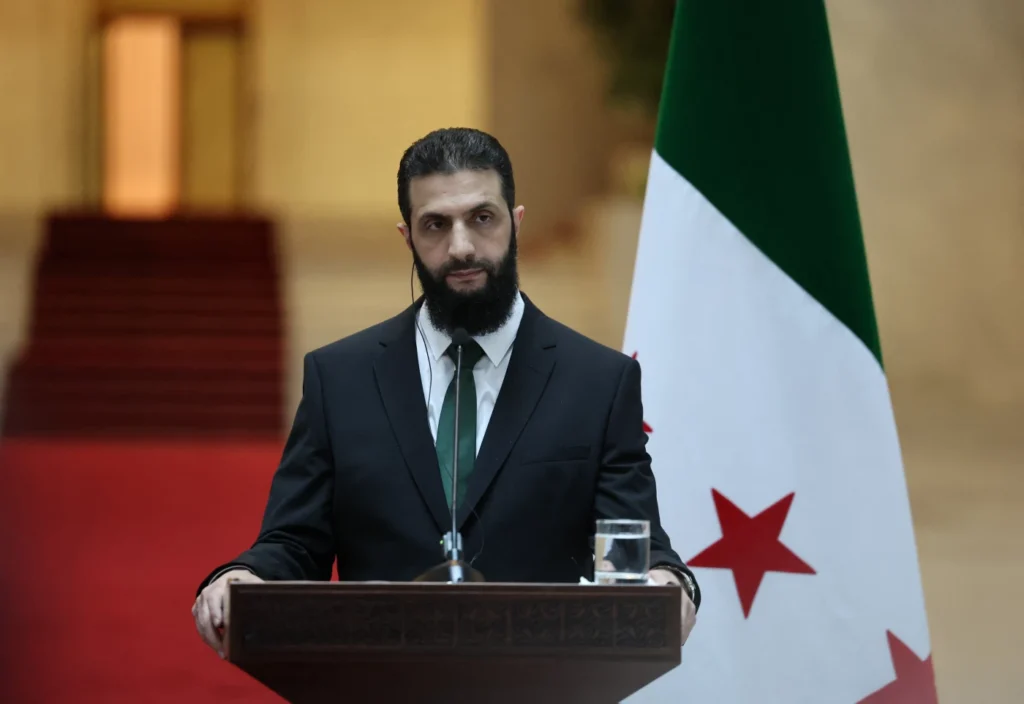
Also, Al-Sharaa said that protecting the Druze citizens and their rights is “our priority.” Addressing Syria’s Druze citizens, al-Sharaa said, “We reject any attempt to drag you into the hands of an external party.”
According to the Syrian Observatory for Human Rights war monitor, clashes in the southern city of Sweida left more than 350 people dead.
Israel’s airstrikes on Wednesday blew up part of Syria’s defence ministry and hit near the presidential palace.
A spokesperson for the Israeli military said that the strike on the defence ministry had been a message to the Syrian President “regarding the events in Sweida.”
The Israeli military struck Syrian tanks on Monday and has continued to conduct dozens of drone strikes on troops, killing some soldiers.
The US Secretary of State, Marco Rubio, said on X that an agreement had been reached to restore calm in the area and urged “all parties to deliver on the commitments they have made,” without elaborating on the nature of the agreement.
Speaking to reporters in the White House, Rubio blamed “historic longtime rivalries” for the clashes in Sweida.
“It led to an unfortunate situation and a misunderstanding, it looks like, between the Israeli side and the Syrian side.”
Marco Rubio
On Wednesday, the Syrian government and one of the three spiritual leaders of the Syrian Druze community announced a ceasefire. It was unclear if the truce would hold, however, as another spiritual leader, Sheikh Hikmat al-Hijri, vowed to keep fighting, calling the government a collection of “armed gangs.”
Syria said that its army had begun to withdraw from Sweida, after the US call for government forces to leave the majority-Druze southern city.
The Syrian government statement did not mention any withdrawal of other government security forces, which had deployed to the city on Tuesday with the stated aim of overseeing a previous truce agreed with Druze community leaders after days of deadly fighting with local Bedouin tribes.
Sharaa said in his televised address that those responsible for violence against Druze people would be held accountable as the Druze “are under the protection and responsibility of the state.”
He added that “responsibility” for security in Sweida would be handed over to elders and local factions.
The Syrian Observatory for Human Rights war monitor said the 350 killed in Sweida province violence included government forces, local fighters and 27 Druze civilians killed in “summary executions.”
The clashes this week pitting mostly Sunni government forces against Druze fighters have prompted fears of a wider sectarian conflict.
The violence is the most serious challenge to Damascus’s rule since the coastal massacres and has threatened to further push away everyday Druze from the state.
The Syrian army entered Sweida on Sunday in an attempt to restore calm between Druze fighters and Arab Bedouin tribes.
Some Druze militias have vowed to prevent Syrian government forces entering Sweida and have attacked them, leading to escalating clashes.
As government forces entered Sweida, accounts of human rights abuses began to emerge.
Israel’s Attacks Aimed At Expanding Control
Mohamad Elmasry, Professor of media studies at the Doha Institute for Graduate Studies, opined that Israel’s attacks are not about protecting the Druze, but about expanding control and weakening Syria.
Elmasry deemed Israel’s actions as part of a wider strategy to divide and fragment the region.
Also, Senior Political Analyst, Marwan Bishara condemned Israel’s strikes on Syria as “vulgar exhibitionism” aimed at asserting regional hegemony.
He argued Israel exploits minority divisions under false pretexts of protection, just as colonial powers historically did, while deflecting from Gaza’s genocide.
Bishara noted Syria’s Druze community prefers national unity despite Israeli interference, comparing it to failed attempts to divide the Kurds.
READ ALSO: NPP Crisis Deepens Amid Electoral College Dispute




